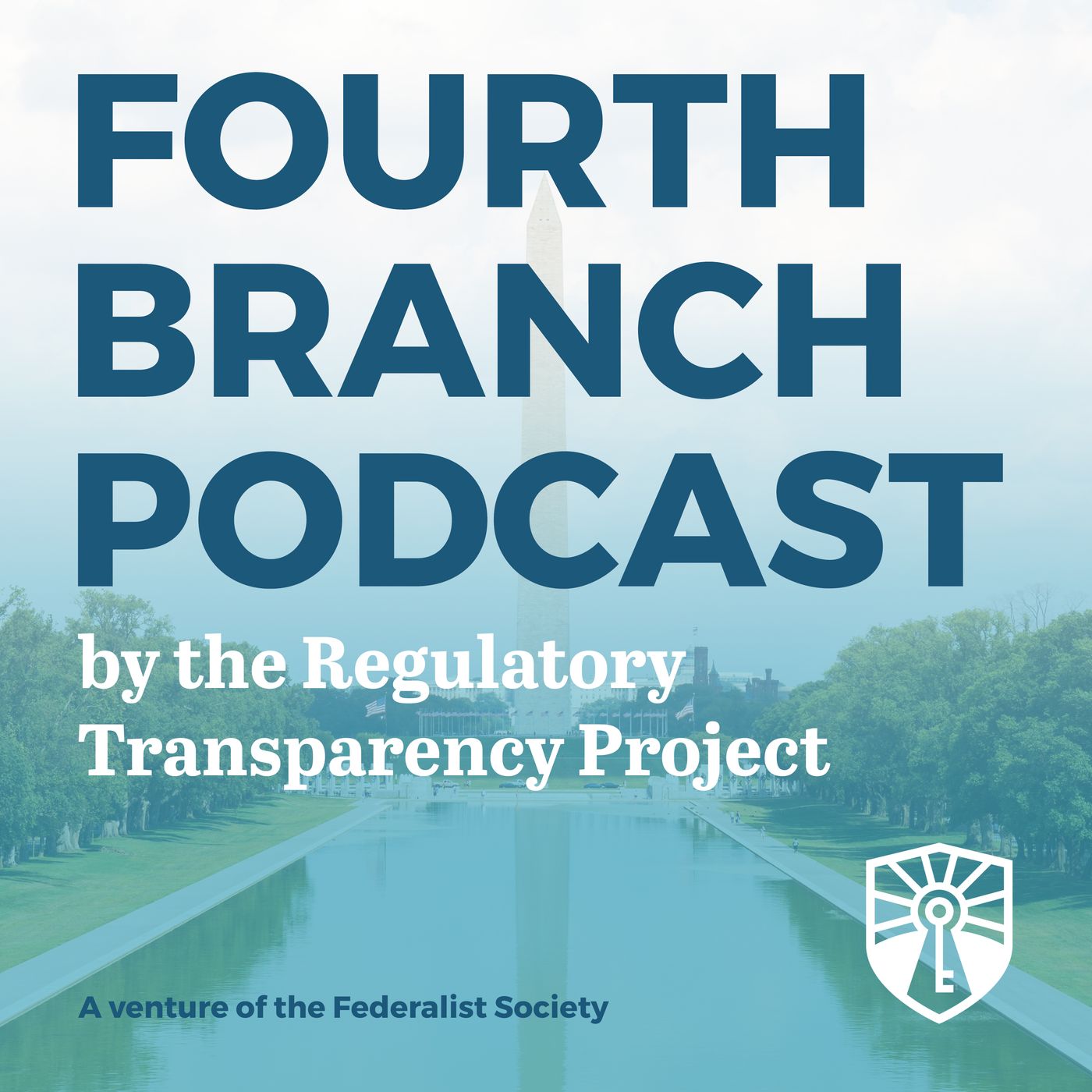Deep Dive 280 - DEI in the Executive Branch
Description
On President Biden’s first day in office, he signed Executive Order 13985: Advancing Racial Equity and Support for Underserved Communities Through the Federal Government. He then signed Executive Order 14035: Diversity, Equity, Inclusion, and Accessibility in the Federal Workforce later that year on June 25, 2021. Taken together, these orders outline what President Biden has described as an “ambitious whole-of-government equity agenda.”
Executive branch agencies are now charged with creating, implementing, and assessing a large variety of DEI initiatives. As examples, agencies have been encouraged to hire a Chief Diversity Officer, workforce DEI training programs have been implemented and expanded, and federal health benefits have been augmented to include “comprehensive gender-affirming health care” for employees and their dependents.
These initiatives cost time, money, and resources, and they are not without controversy. Some question the legal grounding of these initiatives and assert that they run afoul of constitutional guarantees to equal protection of the law. A separate concern is whether federal DEI priorities fail on a utilitarian calculus and drain the federal government’s financial and manpower resources. Still, many Americans support the executive branch initiatives in both theory and practice.
Should the executive branch maintain such a robust focus on DEI initiatives? Is the current administration’s focus constitutional? Is it appropriate? Does it serve the American people?
Featured Speakers:
Veronica Venture, Deputy Officer for Civil Rights and Civil Liberties, Director of Equal Employment Opportunity and Diversity, Department of Homeland Security (DHS)
Hans von Spakovsky, Manager, Election Law Reform Initiative, Senior Legal Fellow, Edwin Meese III Center for Legal and Judicial Studies, The Heritage Foundation
Devon Westhill, President and General Counsel, Center for Equal Opportunity
Dean Todd Clark, Dean, Delaware Law School
[Moderator] Hon. Kenneth L. Marcus, Founder and Chairman, Louis D. Brandeis Center for Human Rights Under Law, Former Assistant U.S. Secretary of Education for Civil Rights, U.S. Department of Education
More Episodes
Antitrust efforts have become prevalent in the courts and legislative bodies, both in the United States and abroad. A recent example is the U.S. Department of Justice's case against Google for alleged anticompetitive behavior in its search business. Though cybersecurity and national security...
Published 11/13/24
Published 11/13/24
J. Kennerly Davis presents an overview of electric industry regulation. Davis discusses how regulation has changed in a fundamental way over the last 140 years, and what that change has meant for electric customers large and small.
Published 11/05/24


